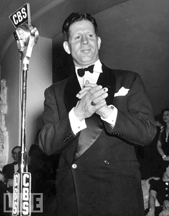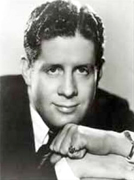In Chapter Nine of Rudy Vallée’s 1930 memoir, Vagabond Dreams Come True, Rudy tells us about the voluminous amounts of fan he received and assures the reader that the rumor that the correspondence he receives comes mostly from flappers is decidedly untrue.
My Fan Mail
 A periodical which carried my life story, “ghost written” by a girl writer, boasted that I received 20,000 letters a day. Nothing could be more absurd and untrue, and this would be very apparent to anyone who would stop to consider the improbability of such a thing.
A periodical which carried my life story, “ghost written” by a girl writer, boasted that I received 20,000 letters a day. Nothing could be more absurd and untrue, and this would be very apparent to anyone who would stop to consider the improbability of such a thing.
